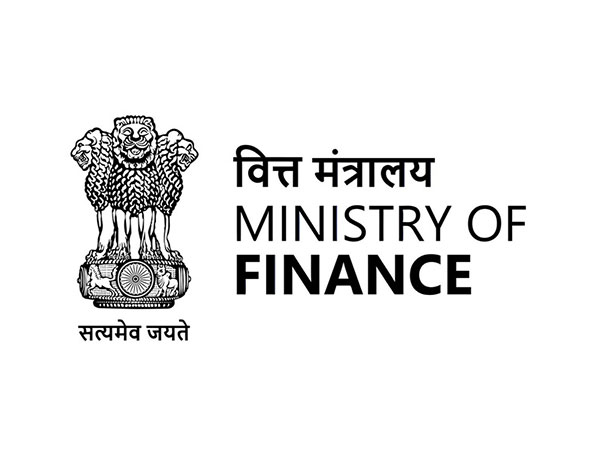Government of India, ADB join forces to enhance livability and mobility in Ahmedabad
According to a press release by the Ministry of Finance, the agreement for the Ahmedabad Peri-urban Livability Improvement Project was formalized by Juhi Mukherjee, Joint Secretary, Department of Economic Affairs, Ministry of Finance for the Government of India, and Rajesh Vasudevan, Officer-in-Charge of ADB's India Resident Mission, representing the ADB.

- Country:
- India
The Government of India and the Asian Development Bank (ADB) have signed a loan agreement amounting to USD 181 million, in a collaborative effort to enhance the quality of life and mobility in the peri-urban areas of Ahmedabad city in Gujarat. According to a press release by the Ministry of Finance, the agreement for the Ahmedabad Peri-urban Livability Improvement Project was formalized by Juhi Mukherjee, Joint Secretary, Department of Economic Affairs, Ministry of Finance for the Government of India, and Rajesh Vasudevan, Officer-in-Charge of ADB's India Resident Mission, representing the ADB.
Mukherjee highlighted the project's objective to transform the peri-urban areas of Ahmedabad into livable, environmentally sustainable, and efficient zones with robust physical and social infrastructure. She said, "The project aims to make peri-urban areas of Ahmedabad livable, environmentally sustainable, and efficient with robust physical andsocial infrastructure, a vibrant economy, and a distinct identity as a preferred investment destination."
She emphasized the importance of creating vibrant economies and distinct identities for these areas, positioning them as preferred investment destinations. Echoing this sentiment, Vasudevan emphasized the significance of managing Ahmedabad's urban sprawl effectively, especially in the peri-urban regions, amidst its ongoing expansion as an economic growth center.
He outlined the project's interventions aimed at expanding quality urban services and enhancing transport connectivity to address the needs of the large migrant population settled in these peripheral areas. "Ahmedabad's continued expansion presents an opportunity as an economic growth center while the attendant challenge is to better manage the city's urban sprawl especially in the peri-urban areas," said Vasudevan.
He added, "The project's interventions aim to address this challenge with the expansionof quality urban services and transport connectivity for the large migrant population settled in the city's peripheral areas." The Ahmedabad Peri-urban Livability Improvement Project is poised to benefit urban poor, women, and migrant workers through various interventions aimed at improving urban services and governance.
The project includes the construction of 166 km of water distribution network, 126 km of climate-resilient stormwater drainage, 300 km of sewerage systems, and four sewage treatment plants. Additionally, it will support the enhancement of 10 junctions along the existing Sardar Patel Ring Road to improve connectivity between peri-urban areas and Ahmedabad city.
Furthermore, ADB will facilitate capacity-building efforts for the Ahmedabad Urban Development Authority and urban local bodies in technology-based urban planning, focusing on climate change and disaster-resilient infrastructure, environmental and social safeguards, gender equality, and social inclusion. The project will also promote land development plans and town planning schemes integrating these elements, serving as models for other states to enhance planned urban development and densification through agglomeration.
Capacity-building initiatives will extend to financial planning, revenue enhancement, and infrastructure asset operations for government agencies, alongside awareness-raising activities within communities to promote water conservation, health, and hygiene. Moreover, women self-help groups will receive training in water supply operations, while efforts will be made to develop recycling mechanisms for treated sewage for industrial use through public-private partnerships. (ANI)
(This story has not been edited by Devdiscourse staff and is auto-generated from a syndicated feed.)
ALSO READ
US Defense Secretary affirms commitment to bolster US-India partnership in Indo-Pacific to support allies' efforts.
Border blurs at Zero Point in Jhakuatari on Eid, as locals from India, Bangladesh gather for Namaz
Badminton Asia Championships: PV Sindhu, HS Prannoy ousted, India's campaign ends
"Want every Indian to see that video clip": Jewish woman of Indian-origin recalls losing loved ones to Hamas terrorists on Oct 7
US defence secretary reaffirms commitment to strengthening US-India partnership in supporting allies in Indo-Pacific region










